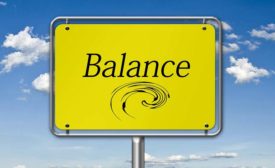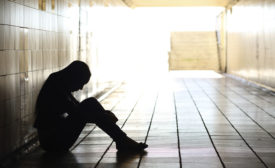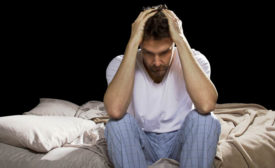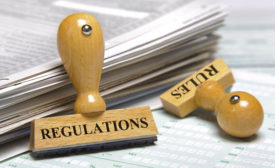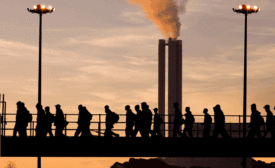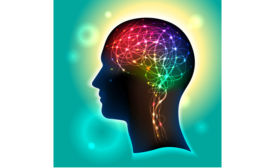Psychology in the Workplace
'Call to Action' on mental health and well-being in the workplace
Experts prioritize four projects to improve employee mental health
May 8, 2018
Become a Leader in Safety Culture
Build your knowledge with ISHN, covering key safety, health and industrial hygiene news, products, and trends.
JOIN TODAYCopyright ©2025. All Rights Reserved BNP Media.
Design, CMS, Hosting & Web Development :: ePublishing



